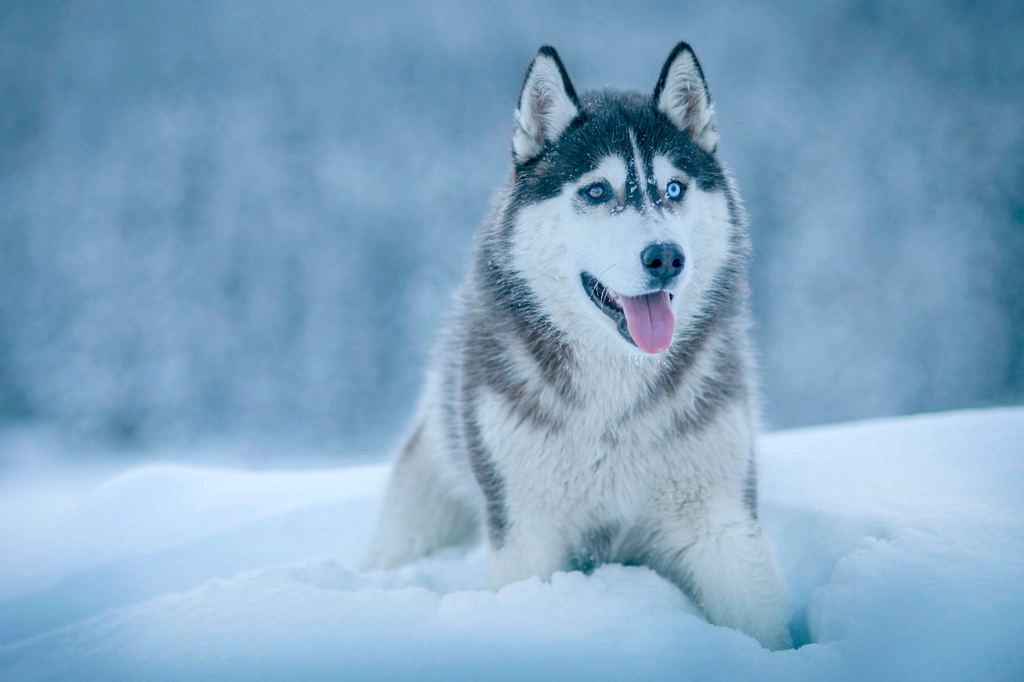The Alaskan Malamute is a breed that embodies resilience, strength, and loyalty. Known for their ability to withstand harsh climates, these dogs have captured the hearts of many dog lovers. Whether you’re an experienced dog owner or considering adopting one, understanding the unique traits of the Alaskan Malamute can deepen your appreciation for this remarkable breed.
Origin and History
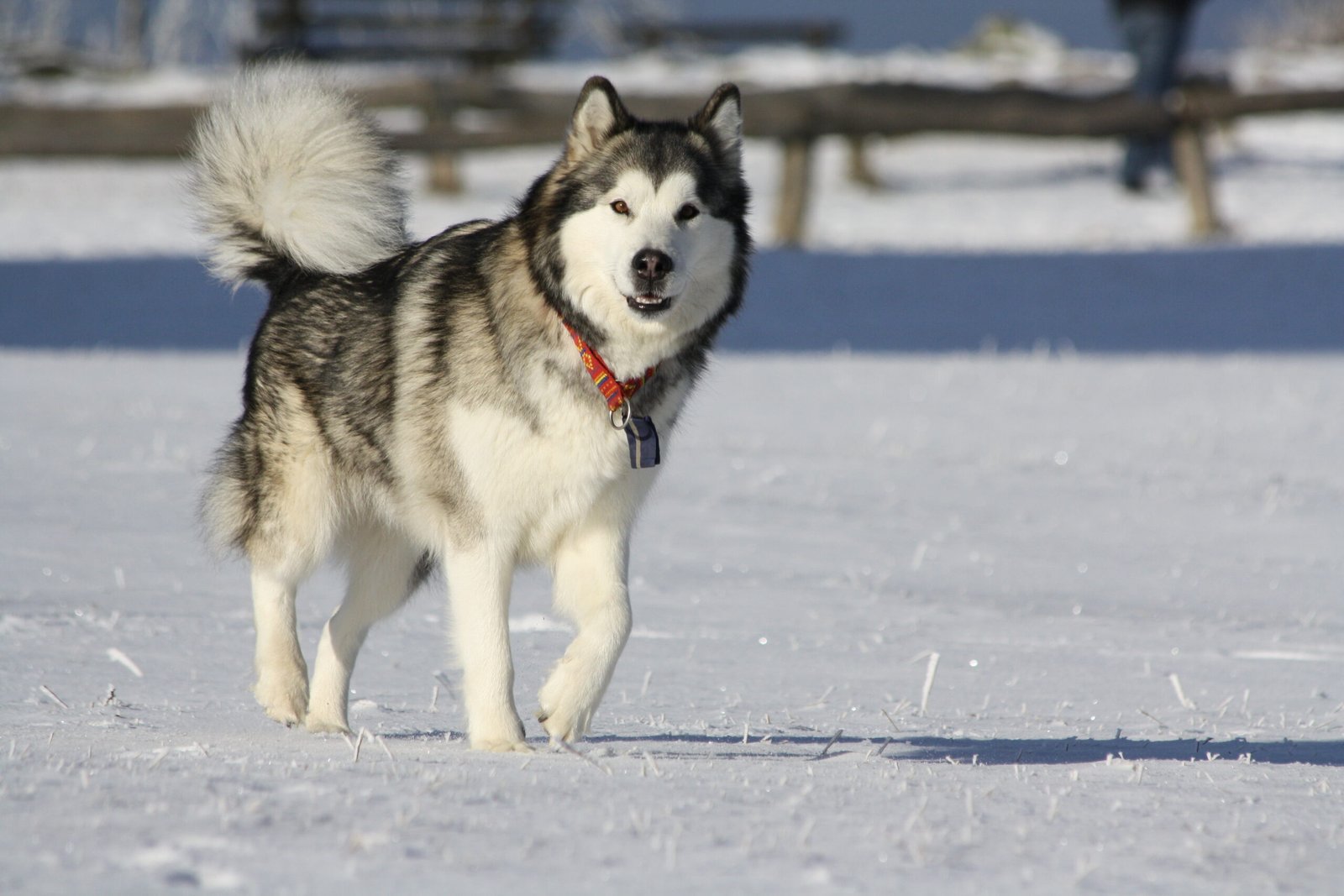
The Alaskan Malamute’s history is as rich and fascinating as its physical appearance. Originating from the Arctic regions, this breed was developed by the Mahlemut Inuit people. They relied on Malamutes for their ability to pull heavy sleds over long distances and assist in hunting. These dogs were crucial for survival in icy environments, showcasing their adaptability and strength. Their history of working alongside humans has made them incredibly loyal companions. Today, while they might not be pulling sleds as often, their hardworking nature remains unchanged.
Physical Characteristics
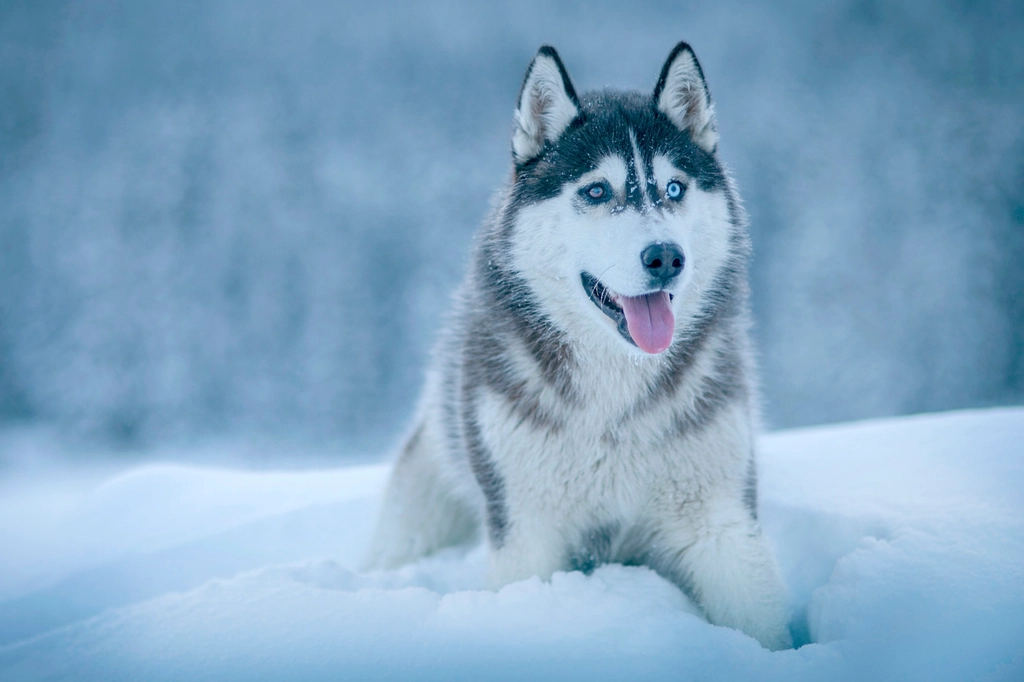
When you first see an Alaskan Malamute, you can’t help but notice their impressive size and striking appearance. They are large dogs, with males weighing between 85 to 100 pounds, and females slightly less. Their thick double coat, designed to keep them warm in freezing temperatures, comes in various shades of grey, black, sable, and red. Their bushy tails, often carried over their back, add to their majestic look. Despite their size, their gentle eyes and expressions convey a sense of warmth and friendliness. These physical traits are not just for show; they are built for endurance and strength.
Temperament and Personality
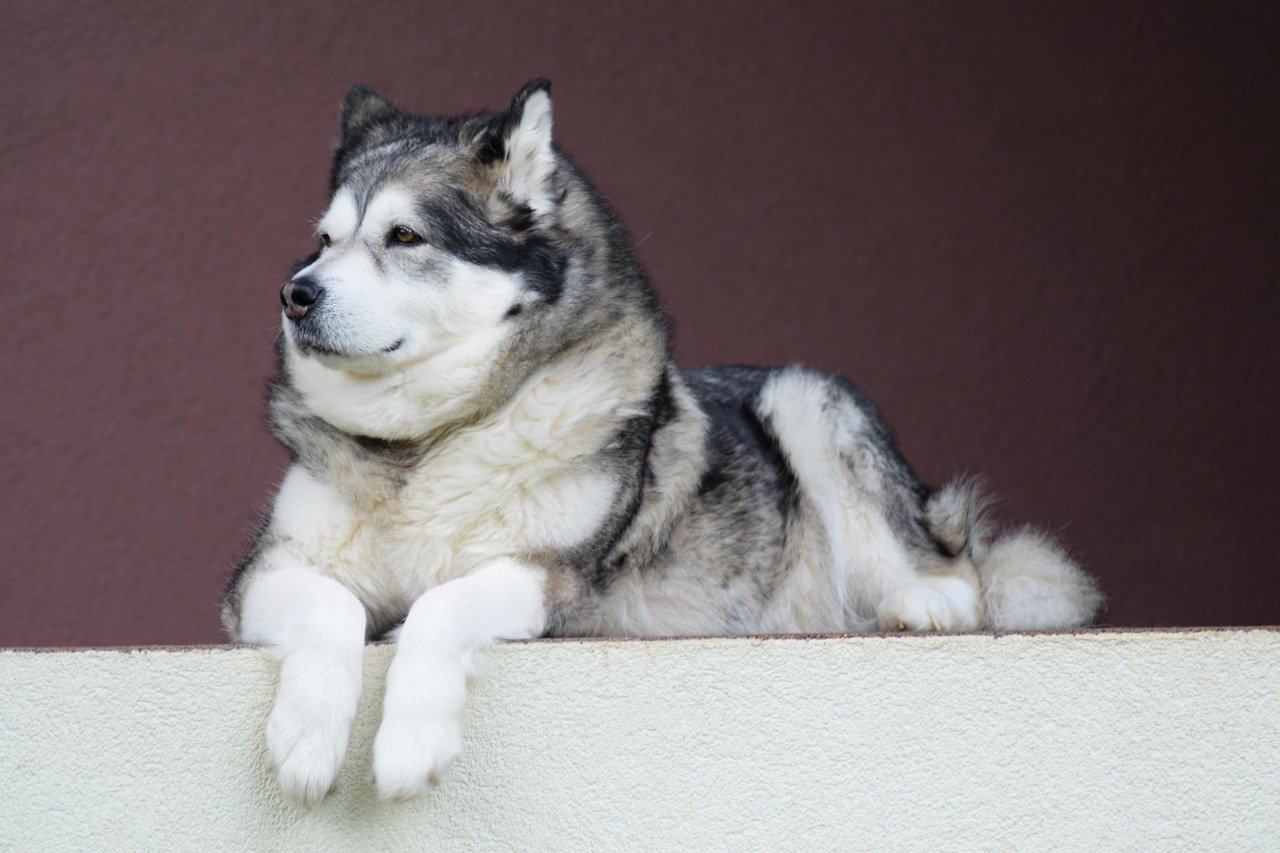
The Alaskan Malamute is known for its friendly and affectionate nature. These dogs are social animals that thrive on companionship and interaction. They are intelligent and often exhibit a playful demeanor, making them excellent family pets. However, their independent streak might sometimes make them appear stubborn. It’s essential to understand that beneath their strong-willed exterior lies a heart full of loyalty and love. They are protective of their family and can be quite the watchdog, alerting owners to any unusual activities.
Exercise and Activity Levels
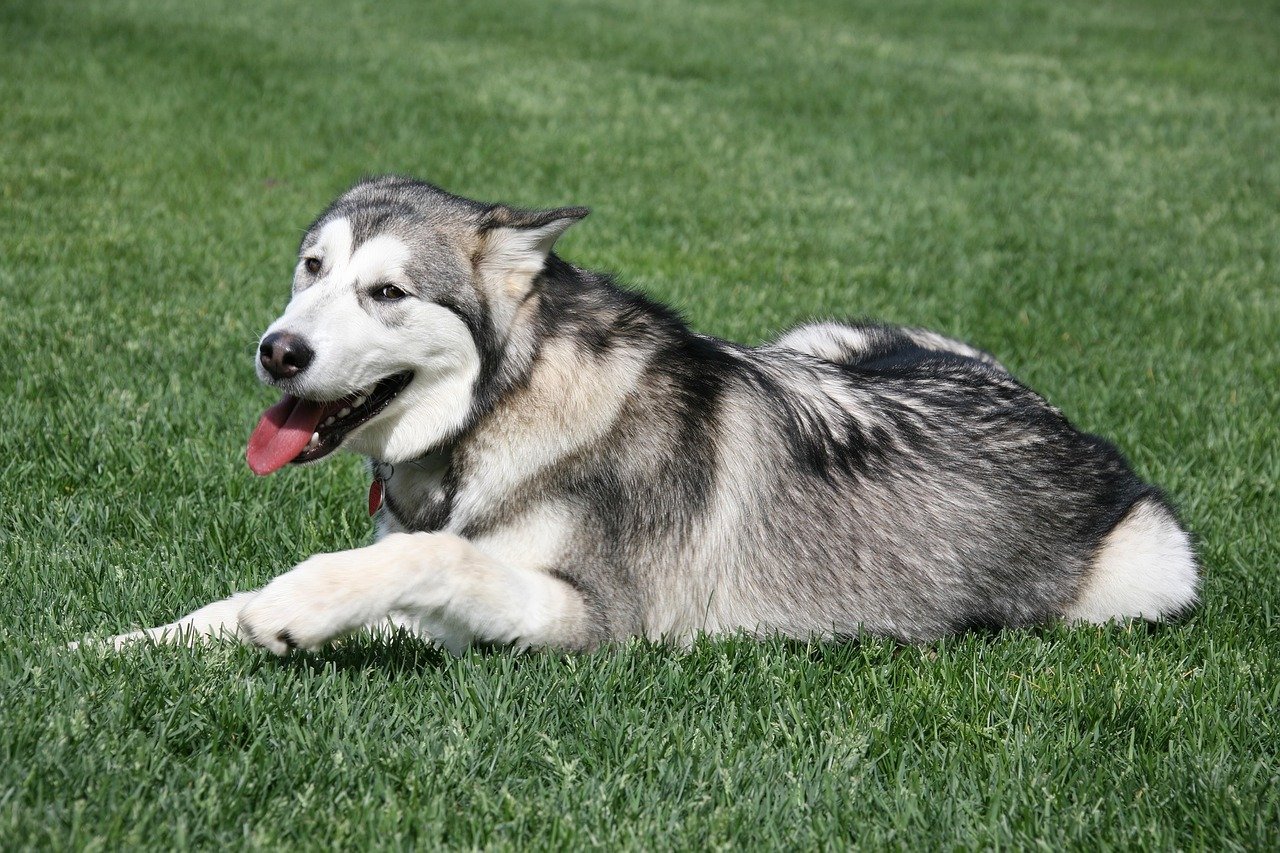
If you’re considering an Alaskan Malamute, be prepared to embrace an active lifestyle. These dogs have high energy levels and require plenty of exercise to keep them happy and healthy. Daily walks, playtime, and mental stimulation are crucial to prevent boredom. They excel in activities like hiking, sledding, and even agility training. Without adequate exercise, they may become restless, which can lead to behavioral issues. Think of them as your personal fitness trainer, always encouraging you to get out and explore the world.
Training and Socialization
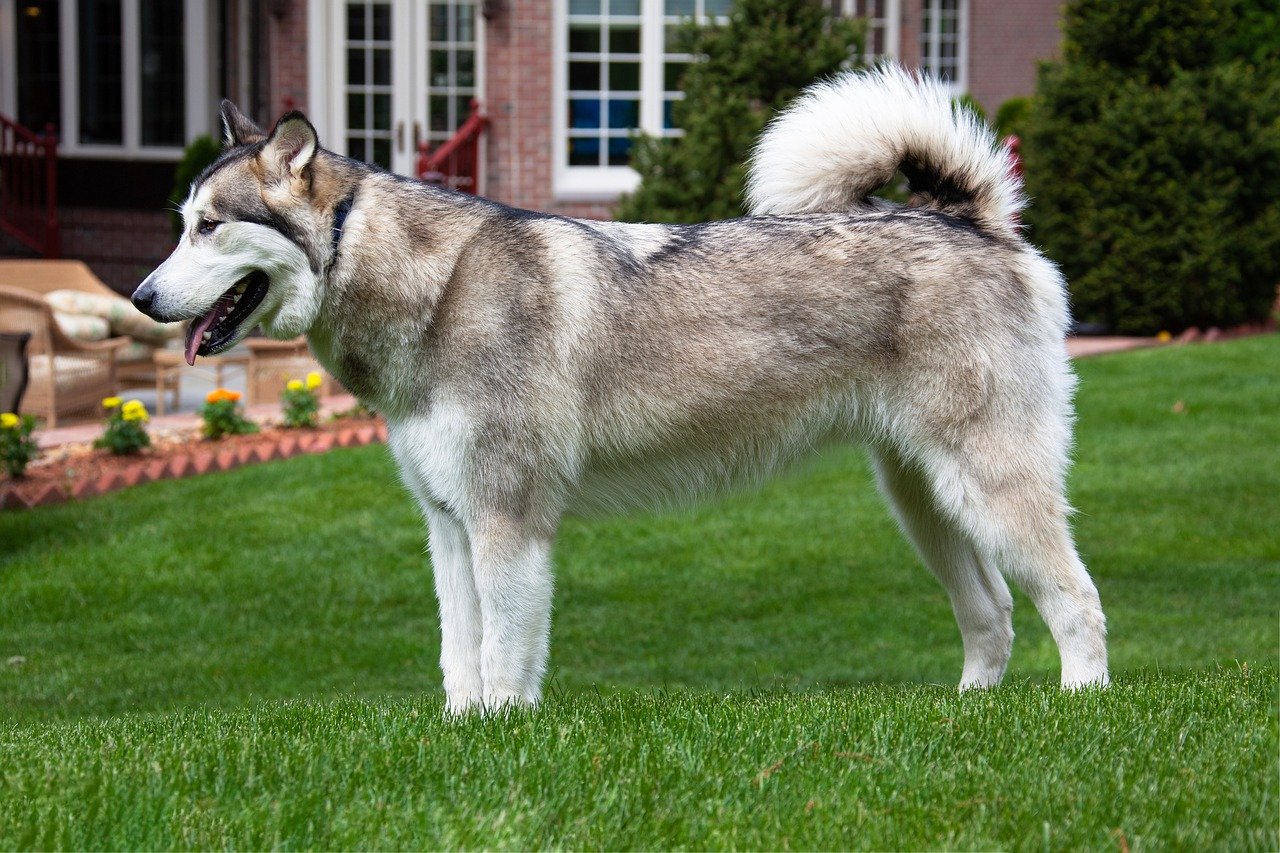
Training an Alaskan Malamute requires patience, consistency, and understanding. Their intelligence means they can learn quickly, but their independent nature might sometimes challenge your authority. Positive reinforcement techniques, such as treats and praise, work best with this breed. Early socialization is also crucial to ensure they grow into well-rounded adults. Exposing them to various environments, people, and other animals helps them develop confidence and reduces any potential for aggression or fearfulness.
Grooming Needs
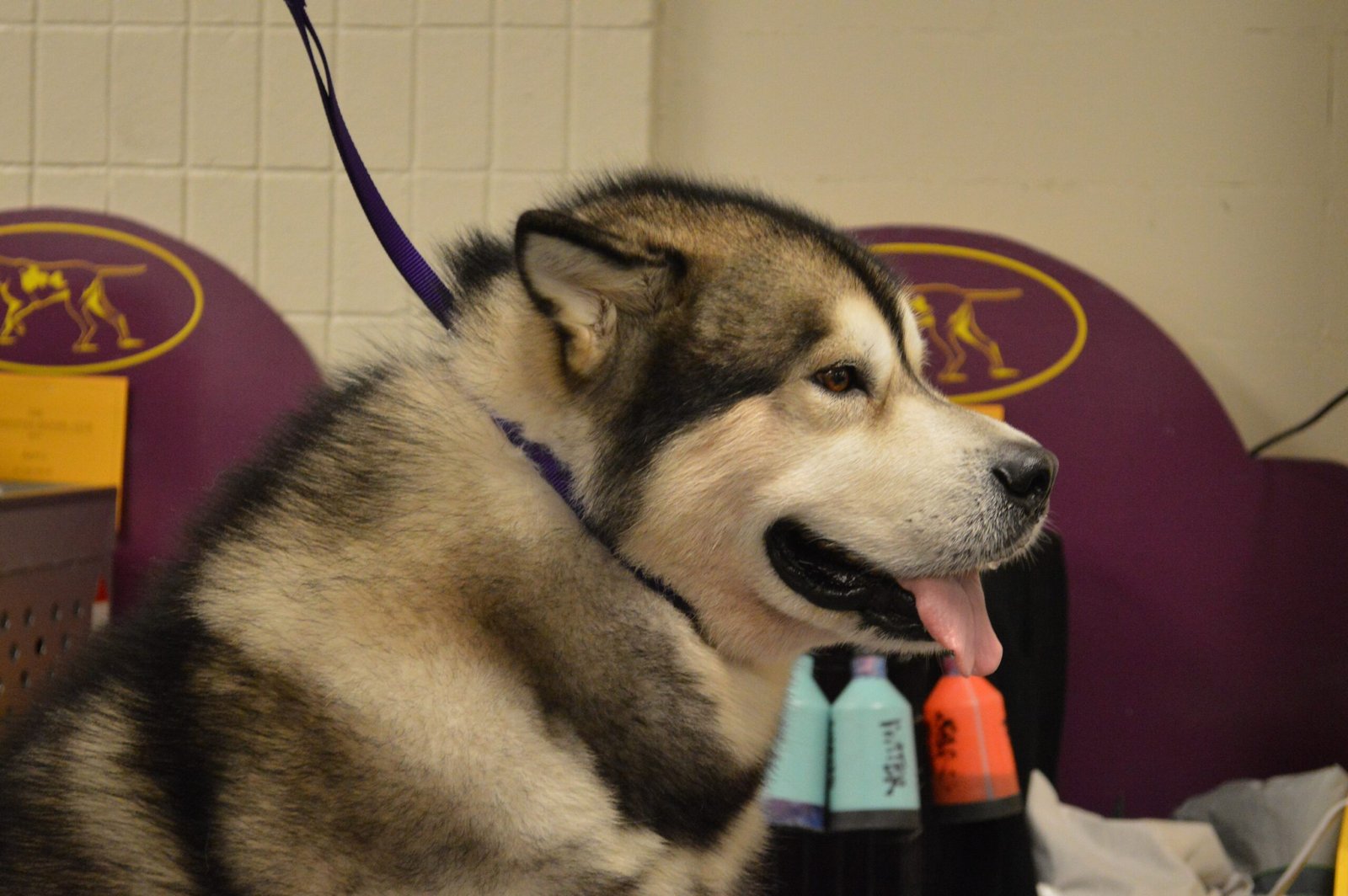
The Alaskan Malamute’s dense double coat requires regular grooming to keep it healthy and tangle-free. Brushing them at least a few times a week helps manage shedding and prevents mats from forming. During shedding seasons, usually twice a year, daily brushing might be necessary. Despite their thick coat, they are surprisingly clean dogs and don’t have a strong odor. Regular grooming sessions also provide an opportunity to check for any skin issues or parasites, ensuring they remain in top condition.
Health Considerations
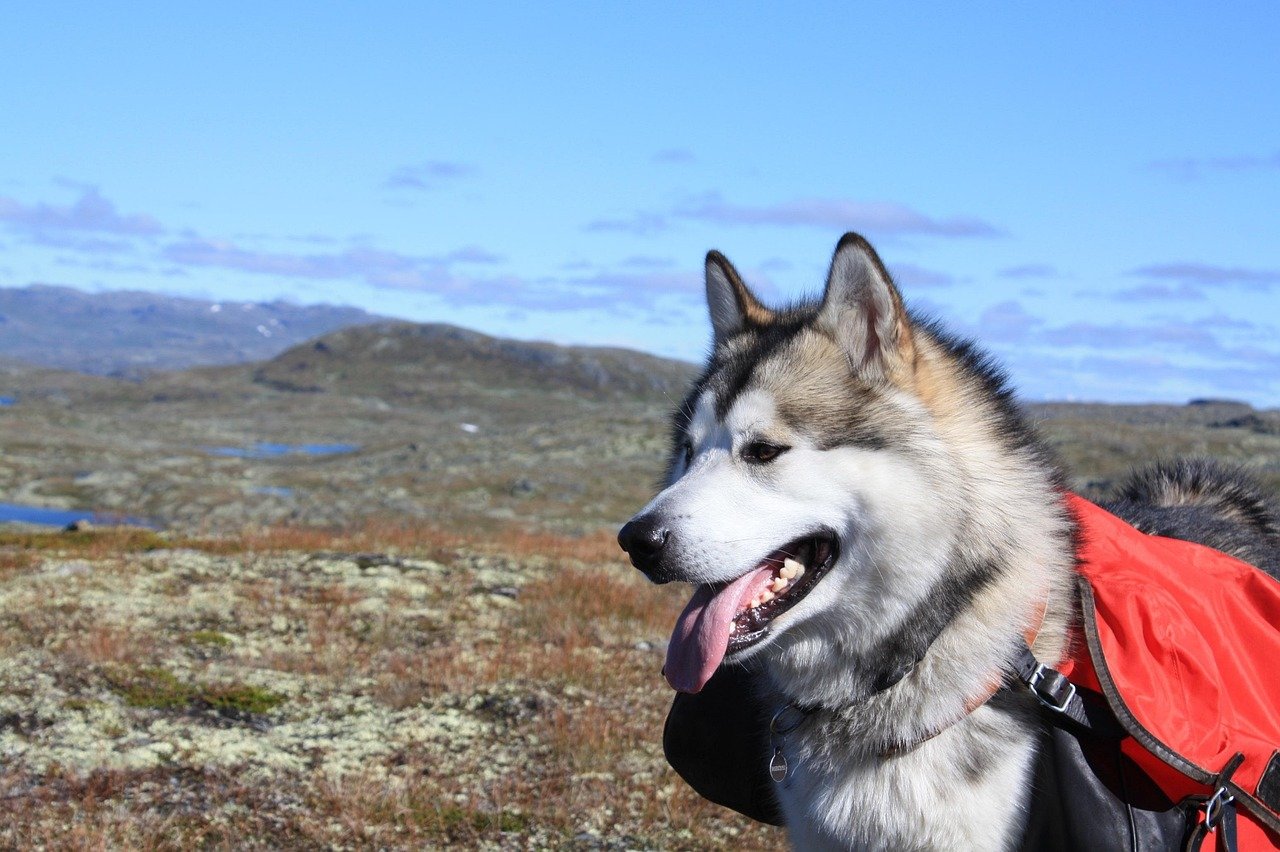
Like all breeds, Alaskan Malamutes have specific health considerations that potential owners should be aware of. They are generally robust dogs but can be prone to certain conditions like hip dysplasia, cataracts, and hypothyroidism. Regular veterinary check-ups and a balanced diet are essential to maintain their health. It’s also crucial to provide them with a safe environment where they can exercise without risk of injury. Being informed about these health issues helps in early detection and management, ensuring a happy, healthy life for your Malamute.
Diet and Nutrition
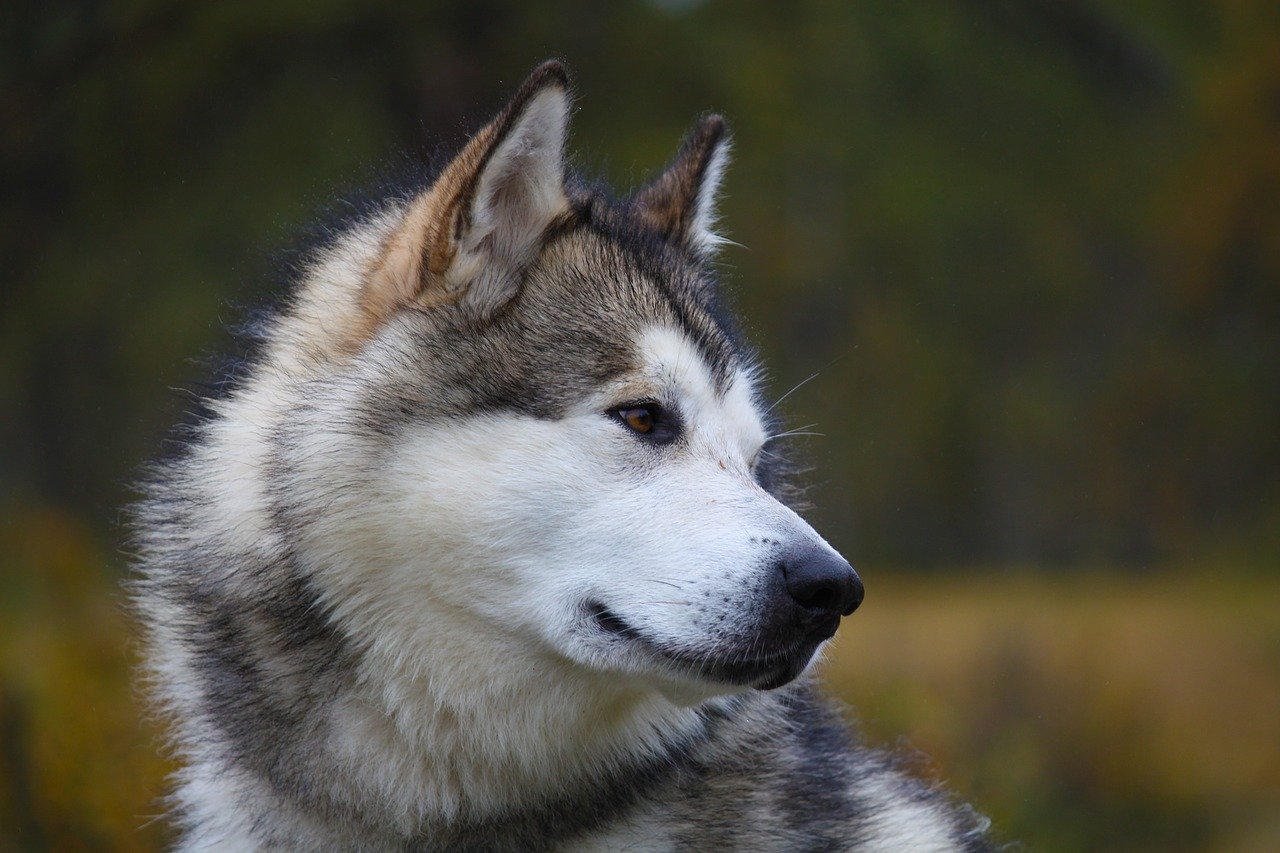
Feeding an Alaskan Malamute requires attention to their unique dietary needs. Given their size and energy levels, a balanced diet rich in protein is vital. High-quality commercial dog food, combined with occasional fresh meats and vegetables, can provide them with the necessary nutrients. It’s important to monitor their weight and adjust portions accordingly, as they can be prone to obesity if overfed. Always ensure they have access to fresh water, especially after exercise, to keep them hydrated and healthy.
Living Environment
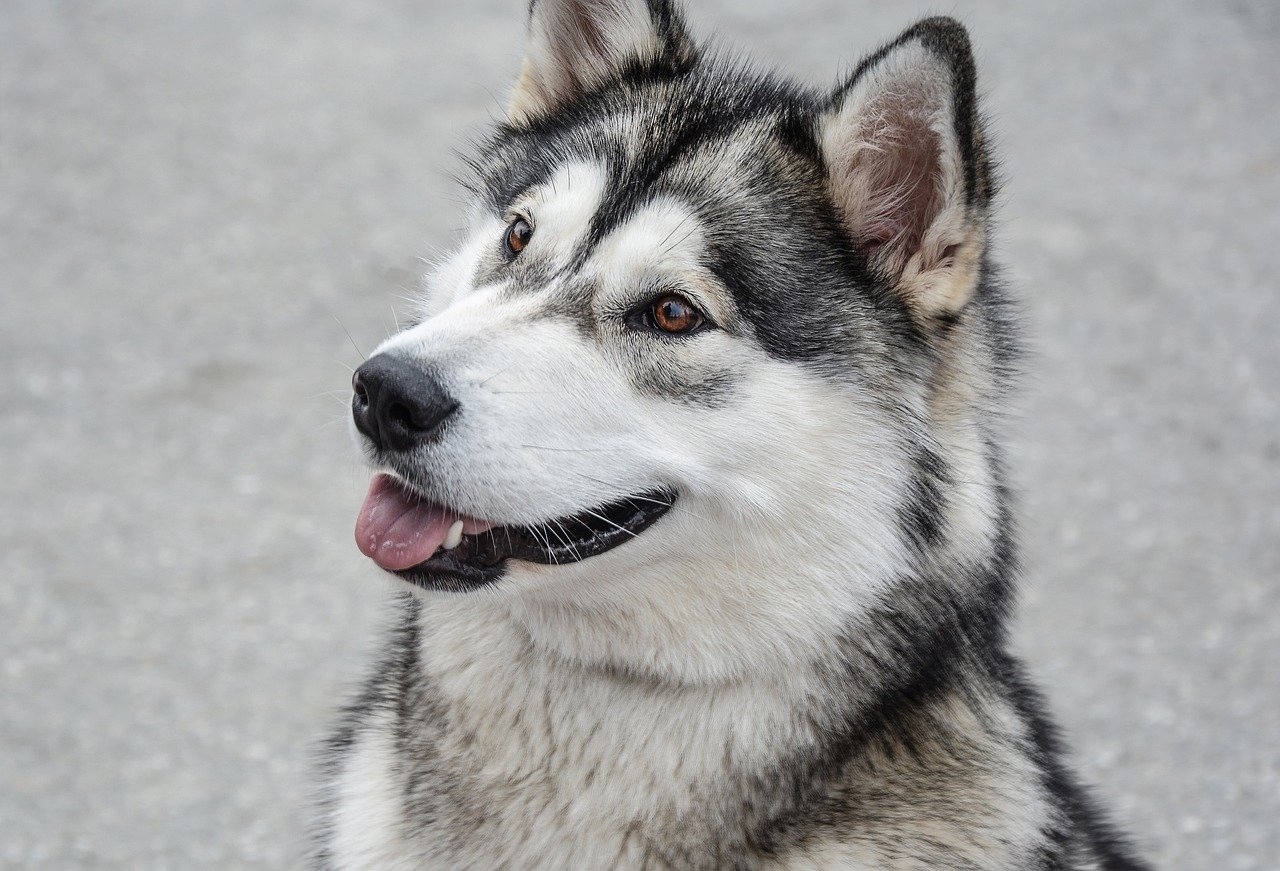
Alaskan Malamutes are adaptable dogs, but they thrive best in environments where they have space to roam and explore. A house with a large, securely fenced yard is ideal. They are not suited to apartment living, as they need room to exercise and play. Malamutes are also known for their digging habits, so a yard with a designated digging area might save your garden. While they can adapt to various climates, they are happiest in cooler environments due to their thick coats.
Choosing the Right Malamute
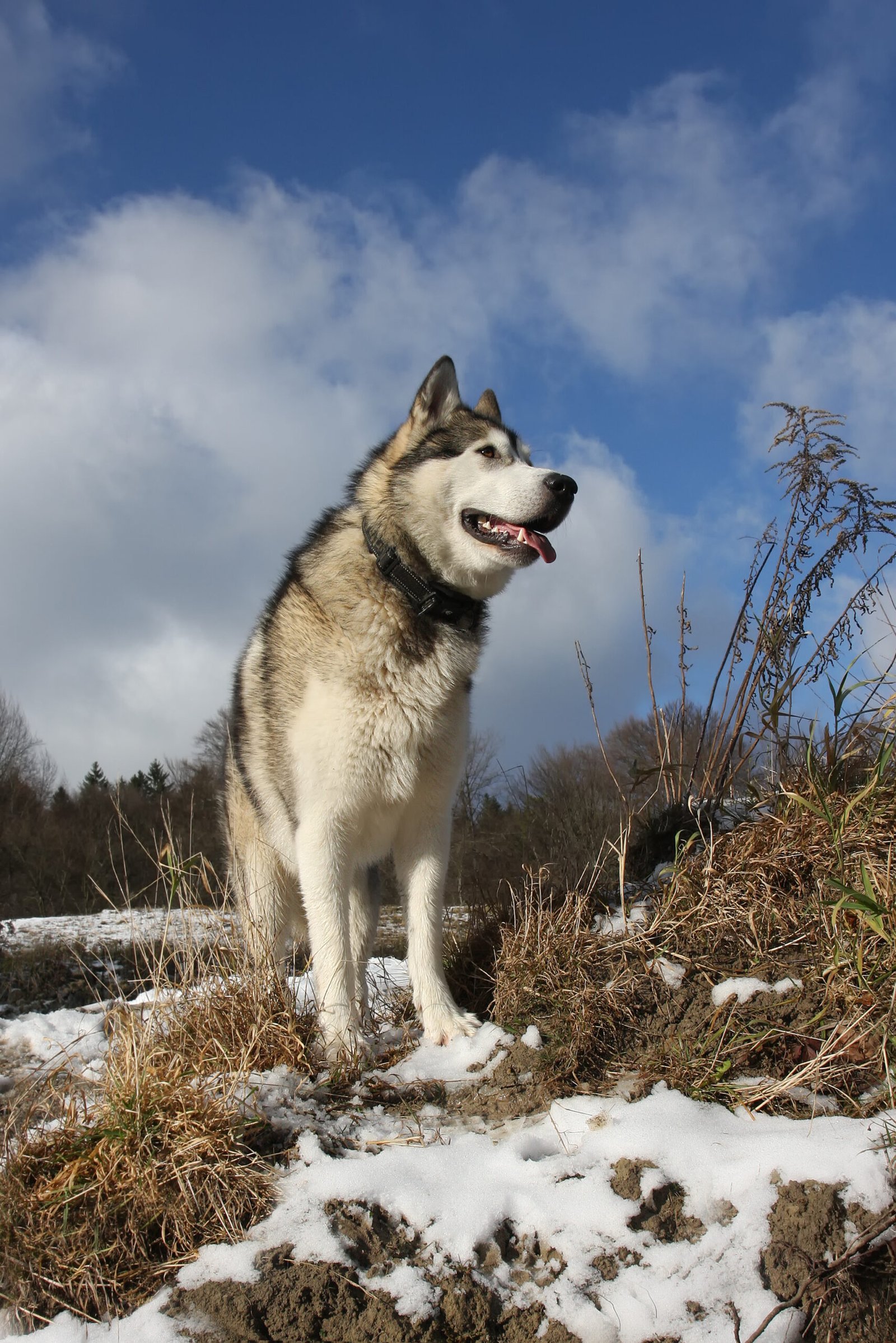
Deciding to bring an Alaskan Malamute into your home is a significant commitment. It’s essential to consider if their energy levels, grooming needs, and size fit your lifestyle. Researching reputable breeders or considering adoption from a rescue organization can ensure you find a healthy, well-adjusted dog. Meeting the puppy’s parents can give you insight into their potential temperament and health. Remember, owning a Malamute is a long-term relationship filled with adventure, loyalty, and mutual respect.
The Alaskan Malamute is more than just a beautiful dog; it’s a testament to resilience and companionship. With the right care, they become a beloved member of the family, bringing joy and adventure to your life.

Esther is from India; the heartbeat of South Asia, holding a Master’s degree in Zoology and a postgraduate diploma in Animal Welfare. Her enthusiasm for animal welfare drives her passion and dedication to working for animals, ensuring their well-being, and advocating for their rights. With a solid academic background and hands-on experience, she is committed to making a positive impact in the field of animal welfare. In her free time, she enjoys embroidery and sewing. As a Chennaite from Tamil Nadu, Esther loves Bharathanatyam, an Indian classical dance form.

